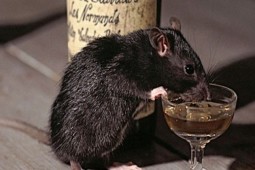
Beth interviews neuroscientist and addiction researcher Scott Swartzwelder who talks about his research on reversing alcohol-induced brain damage in young rats. In past work, Professor Swartzwelder and colleagues have identified specific areas of the brain damaged by drinking, especially in adolescent rats. In this interview, he describes, how this damage occurs, and amazingly, how treatment later in life can actually reverse it.
Hosts: Beth Bennett & Angele Sjong
Producer: Beth Bennett
Engineer:Beth Bennett
Additional Contributions: Angele Sjong
Executive Producer: Joel Parker
Listen to the show:
Podcast: Play in new window | Download (Duration: 27:57 — 25.6MB)
Subscribe: RSS






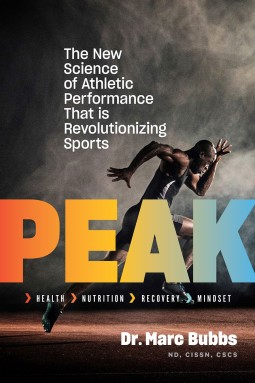
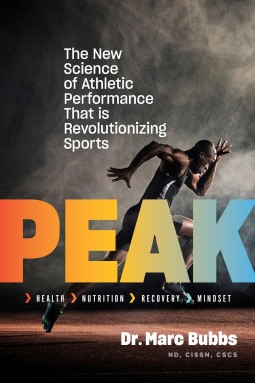 In this episode, Beth speaks with Dr Marc Bubbs, author of Peak: The New Science of Athletic Performance, his book exploring the fundamentals of high performance. He offers science-based strategies on nutrition, training, sleep, recovery, and stress management to optimize performance for all levels of athletes and trainers. You can read more about the book
In this episode, Beth speaks with Dr Marc Bubbs, author of Peak: The New Science of Athletic Performance, his book exploring the fundamentals of high performance. He offers science-based strategies on nutrition, training, sleep, recovery, and stress management to optimize performance for all levels of athletes and trainers. You can read more about the book 

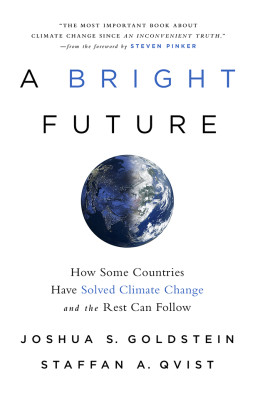
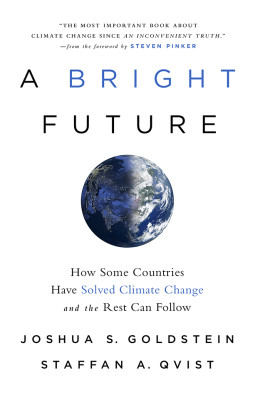 In this week’s show, Beth interviews Joshua Goldstein. He and co-author Steffan Qvist wrote eloquently about how nuclear energy can replace fossil fuels – a vital necessity in a rapidly warming world. A new generation of nuclear plants reduces waste and completely eliminates CO2. In Sweden, France and Ontario, these plants have allowed these countries to eliminate their reliance on fossil fuels and significantly reduce their carbon footprints.
In this week’s show, Beth interviews Joshua Goldstein. He and co-author Steffan Qvist wrote eloquently about how nuclear energy can replace fossil fuels – a vital necessity in a rapidly warming world. A new generation of nuclear plants reduces waste and completely eliminates CO2. In Sweden, France and Ontario, these plants have allowed these countries to eliminate their reliance on fossil fuels and significantly reduce their carbon footprints.
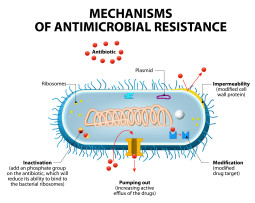
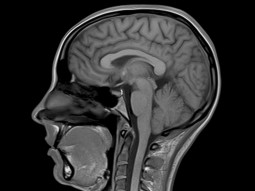
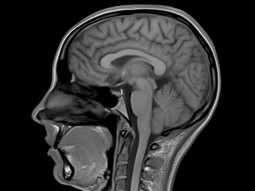
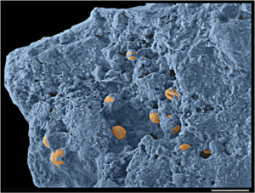
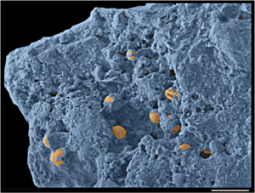 Microbial communities are all around us: in our homes, gardens, oceans, even deep underground but their roles in the function of the biosphere are poorly understood. Today Beth spoke with Professor
Microbial communities are all around us: in our homes, gardens, oceans, even deep underground but their roles in the function of the biosphere are poorly understood. Today Beth spoke with Professor 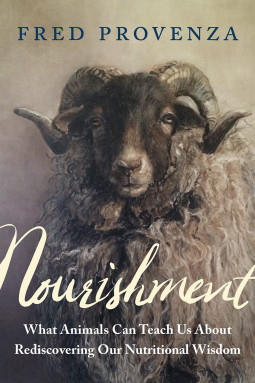
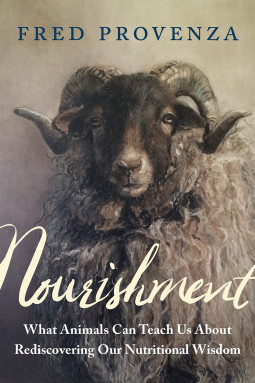 Animal scientists have long considered domestic livestock to be too dumb to know how to eat right, but the lifetime research of animal behaviorist Fred Provenza and his colleagues has debunked this myth. Their work shows that when given a choice of natural foods, livestock have an astoundingly refined palate. Like these animals, humans too, have an innate ability to determine what nutrients they need, but we are losing the information from our foods that allow us to make this determination. To view the book, go to: https://chelseagreen.biz/product/nourishment/
Animal scientists have long considered domestic livestock to be too dumb to know how to eat right, but the lifetime research of animal behaviorist Fred Provenza and his colleagues has debunked this myth. Their work shows that when given a choice of natural foods, livestock have an astoundingly refined palate. Like these animals, humans too, have an innate ability to determine what nutrients they need, but we are losing the information from our foods that allow us to make this determination. To view the book, go to: https://chelseagreen.biz/product/nourishment/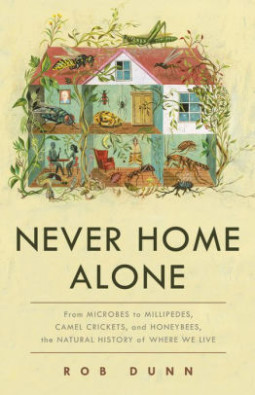
 Never Home Alone (starts at 4:26) In this week’s How on Earth, Beth interviews Professor Rob Dunn. In his recent book, Never Home Alone, he gives a sneak peak into the natural history of the wilderness in our homes, from the microbes in our showers to the crickets in our basements. You can find out more about
Never Home Alone (starts at 4:26) In this week’s How on Earth, Beth interviews Professor Rob Dunn. In his recent book, Never Home Alone, he gives a sneak peak into the natural history of the wilderness in our homes, from the microbes in our showers to the crickets in our basements. You can find out more about